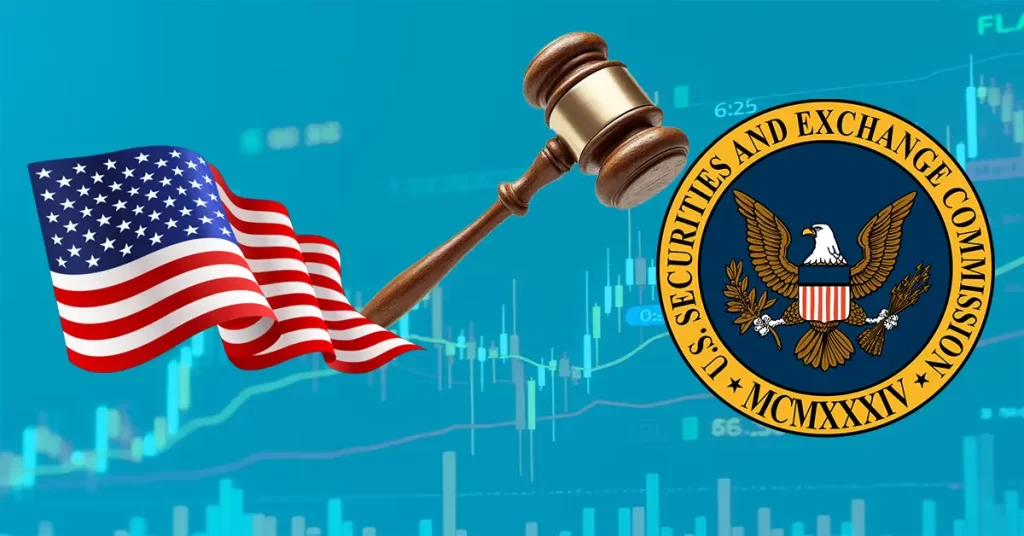
The post XRP Lawsuit: Experts Fear Crenshaw’s Return to SEC Could Tip the Scales Against Ripple appeared first on Coinpedia Fintech News
Senate Democrats are aiming to fast-track the reconfirmation of SEC Commissioner Caroline Crenshaw this week, but experts and industry advocates are urging the Senate Banking Committee to reconsider. Many argue that Crenshaw, who has been a staunch ally of anti-crypto SEC Chair Gary Gensler, should not be re-nominated due to her track record of opposing pro-crypto policies.
Fox Business journalist Eleanor Terrett reported that the Senate Banking Committee is scheduled to vote next Wednesday on Crenshaw’s re-nomination. If confirmed, she would remain on the SEC until 2029. If the Senate does not approve her reappointment, President Trump would have the opportunity to nominate a new candidate.
Gemini’s Tyler Winklevoss wrote, “The Senate Banking Committee should not re-nominate SEC Commissioner Crenshaw. The American people voted overwhelming for change at the SEC, not for more anti-crypto decels. Senators should respect and honor this mandate.”
Crenshaw, who has been a vocal proponent of Gensler’s more restrictive policies, has also pushed for more stringent climate reporting mandates. Interestingly, she voted against the approval of Bitcoin spot ETFs, even when Gensler showed support. This decision was controversial, especially after a federal circuit court ruled that approving such ETFs was required by law.
Critics, including lawyer Jake Chervinsky, have argued that Crenshaw represents an anti-innovation stance that risks alienating voters in the upcoming 2024 elections. Chervinsky called her stance a “huge mistake” and suggested it would not resonate well with the public. He further pointed out that Crenshaw is even more adversarial to crypto than Gensler, citing her dissent against the spot bitcoin ETF approval as a prime example of her anti-crypto position.
He wrote, “Her claim to crypto fame was writing a dissent opposing approval of the spot bitcoin ETF, even when Gensler was in favor, and even though a federal circuit court basically said it was required by law.”


 NEW: The Senate Banking Committee will meet next Wednesday to vote on the re-nomination of Democrat
NEW: The Senate Banking Committee will meet next Wednesday to vote on the re-nomination of Democrat 

